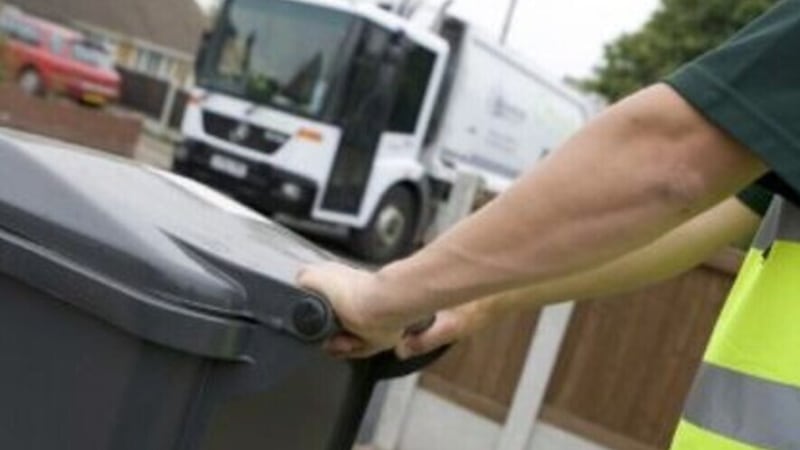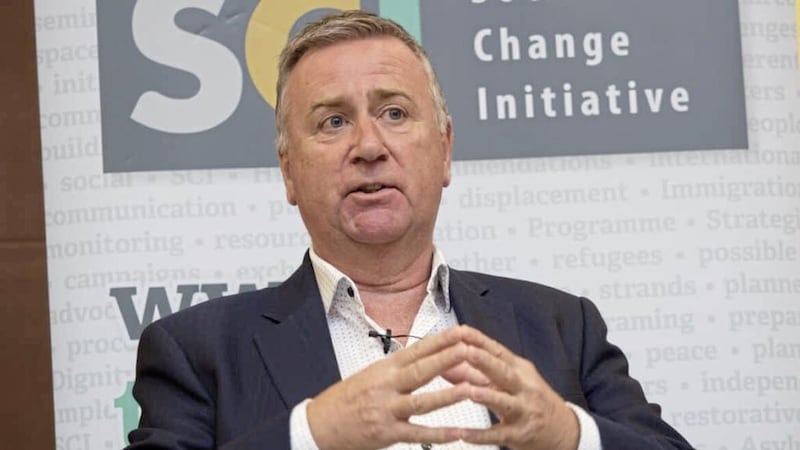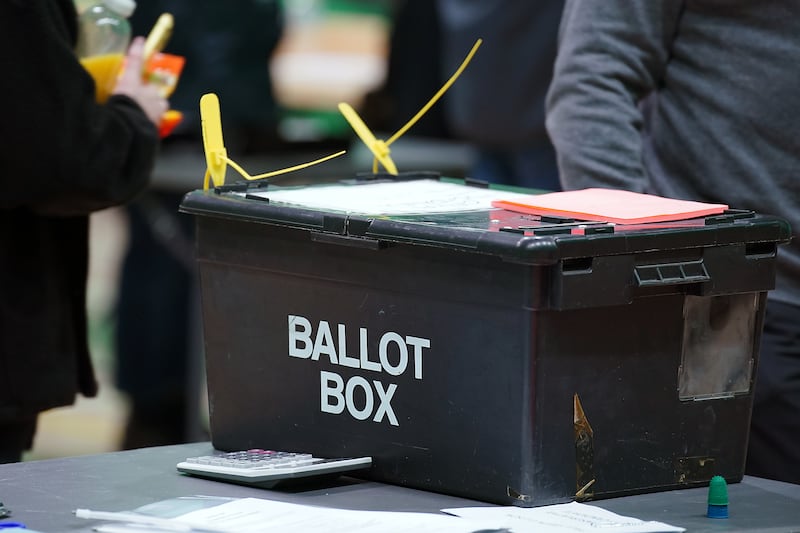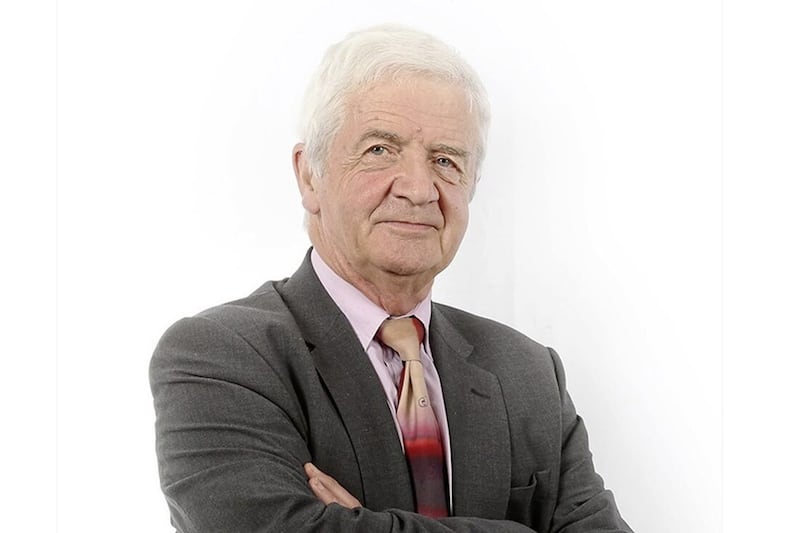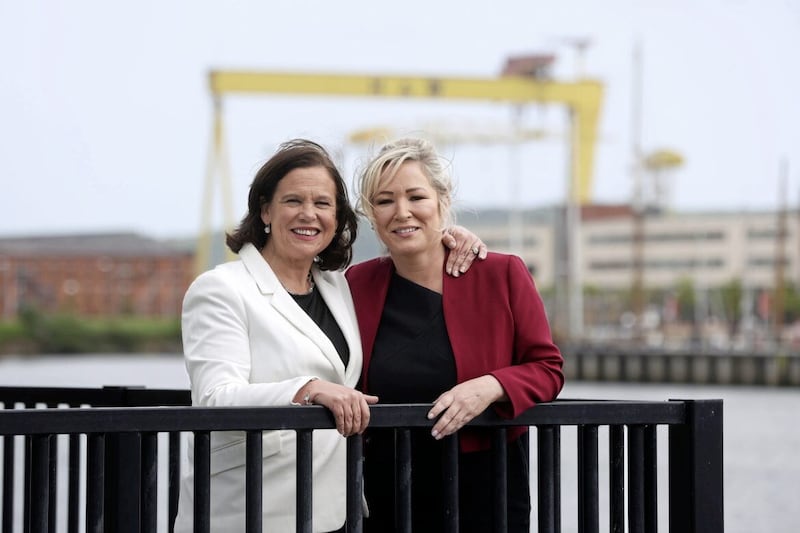MOST voters in this month’s council elections will be casting a ballot in order to influence local services including recycling, rather than back any stance on the Windsor Framework.
A poll carried out on behalf ofThe Irish News and University of Liverpool’s Institute of Irish Studies survey found that wider political concerns were taking a back-seat to bread-and-butter matters, with just over a third (34.3 per cent) of respondents saying local government issues such as waste management were their top reason for voting.
Read More
- Sinn Féin poised to become largest party in local government
- Nearly half of Sinn Féin voters plan to transfer to SDLP candidates
- Dr David McCann – Potential for big changes across north's council chambers
- Ross Wilson – Just who are the constitutional agnostics?
This is underlined by a clear majority of respondents (62 per cent) rating the overall performance of their local councils as either ‘good’ or ‘satisfactory’.
However, the Windsor Framework is still a key factor in the upcoming election, with almost a fifth (19.3 per cent) saying they will be voting in order to express support for it, while seven percent will be voting to show opposition to the UK/EU deal on the Northern Ireland Protocol.
The chance to express support for a particular party is the third most-popular reason to vote, the survey found, with 18.2 per cent saying this was their main reason for visiting the ballot box.
The traditional constitutional question of supporting the union or a united Ireland is the top reason for 17.9 per cent of those surveyed, while ‘other’ reasons accounted for 3.3 per cent.
"It is crucial that our political, policy and business leaders take this opportunity and fully maximise the benefits of dual-market access."https://t.co/olKceWWKeZ
— Irish News Business (@irishnewsbiz) April 27, 2023
Meanwhile, with almost two-thirds of respondents overall happy with their council’s performance since 2019, the results showed that 27.8 per cent thought their local authority was ‘good’, while 34.8 per cent said it was ‘satisfactory’.
This was compared to 30.9 per cent who thought their council was ‘poor’ over the last four years, while 6.4 per cent replied ‘don’t know’ to the question.
Overall, all council areas except one saw voters more satisfied than dissatisfied, with Newry, Mourne and Down rated as the worst performing council.
A total of 48.2 per cent of respondents in the area said the council’s performance was poor, compared to 28.6 per cent believing it to be ‘good’, 19.6 per cent saying ‘satisfactory’ and 3.6 per cent responding ‘don’t know’.
Confidence in councils having the skills to run more public services was high, with 45.2 per cent agreeing, compared to 25.6 per cent disagreeing, while 25 per cent said they neither agreed or disagreed, and 4.2 per cent saying 'don't know'.
On waste issues such as bin collections, 73.6 per cent agreed their local council was effective, while the enforcement of bylaws including littering saw the least confidence among respondents at 38 per cent.
The only other area to come in with less than 50 per cent in this category was public conveniences, with 45.7 per cent agreeing their council was effective in delivering them.
The confidence in councils' abilities was also underlined by 73.9 per cent saying they wanted local authorities to do more work with strategic partners such as the PSNI and health trusts, compared to 6.2 against and 19.2 opting for 'don't know'.
Over 69 per cent were also in favor of further powers being devolved to councils in the ongoing absence of the Stormont Assembly, compared to 17.3 against such a move, and 13.4 per cent unsure.
